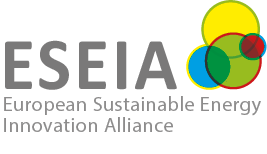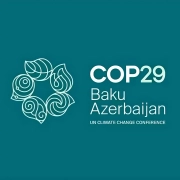COP29 Outcomes: Progress and Challenges in Global Climate Action
By Teresa Ponce de Leão, Vice-President of ESEIA and CEO of LNEG, PT
Last month the United Nations Climate Change Conference (COP29) took place, in Baku, Azerbaijan, a country with the economy based on fossil fuels. Significant challenges in advancing climate goals were faced:
First, lack of progress was on Fossil Fuel Transition, the efforts to include clear commitments to phase out fossil fuels failed, largely due to opposition from countries like Saudi Arabia. This situation led to watered-down agreements that avoided explicitly mentioning fossil fuels, frustrating many nations and climate advocates[1].
Regarding the Just Transition Challenges negotiations intended to support communities affected by the shift to cleaner energy Mainly low- and medium-income countries (LMIC), stalled due to disagreements on funding and international collaboration. Talks will continue at subsequent meetings, an amount of 300 b$ was referred to but without firm pledges.
The Energy and Infrastructure Targets Missed as proposals to set ambitious targets for increasing energy storage and expanding power grids by 2030 were not adopted, delaying critical infrastructure plans needed for the energy transition.
Adaptation Measures and Financing saw limited progress mainly on advancing the Global Goal on Adaptation, with the adoption of the “Baku Adaptation Road Map” to guide future work. However, disagreements on financing mechanisms and performance indicators hindered significant advancements.
Carbon Markets and NDC Updates view some progress on Article 6.4 of the Paris Agreement, which establishes a centralized carbon market mechanism. Several countries announced updated Nationally Determined Contributions with enhanced emissions reduction targets for 2035, including Brazil, the UK, and the UAE.
Regarding Climate Finance Stalemate the discussions on operationalizing the Loss and Damage Fund and establishing new climate finance targets beyond the previous $100 billion goal remain unresolved. Funding commitments for vulnerable countries continues to be a contentious issue.
Without much astonishment, COP29 highlighted the challenges of aligning diverse national interests with the urgent need for climate action but left critical issues deferred to future negotiations. We all hope that Brazil will have more success.
Contact: office@eseia.eu



